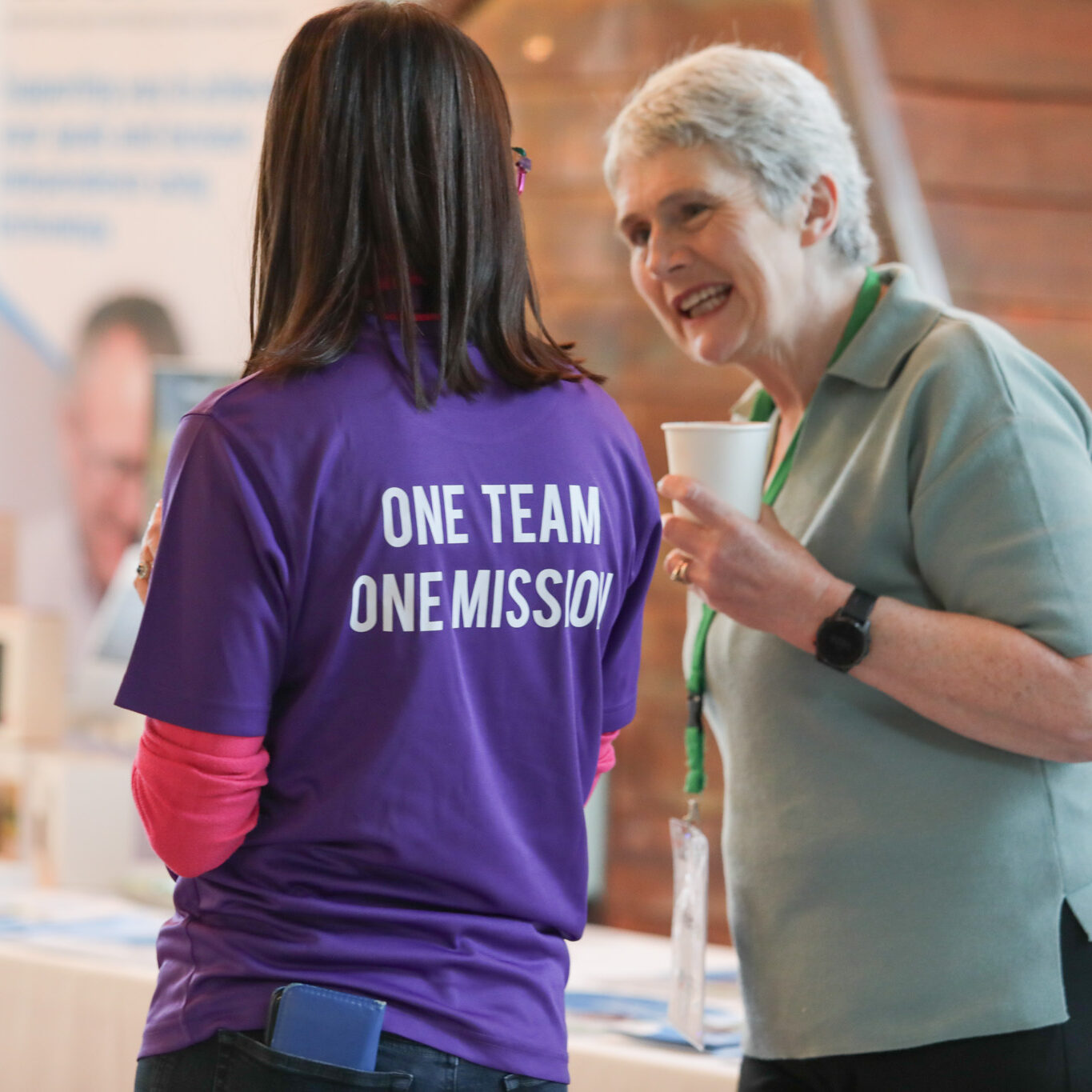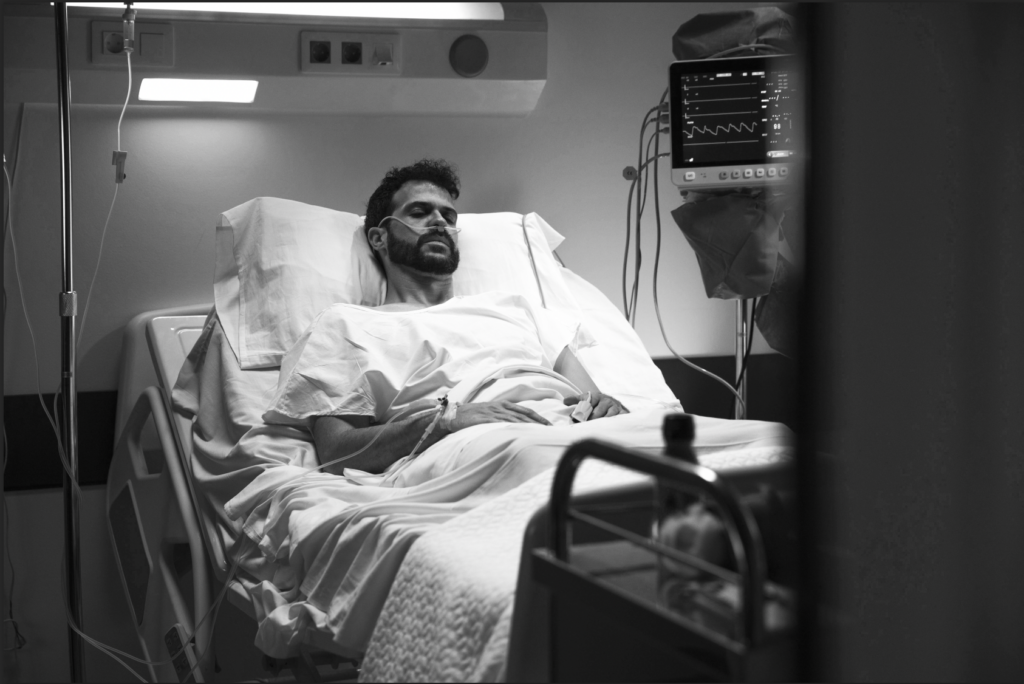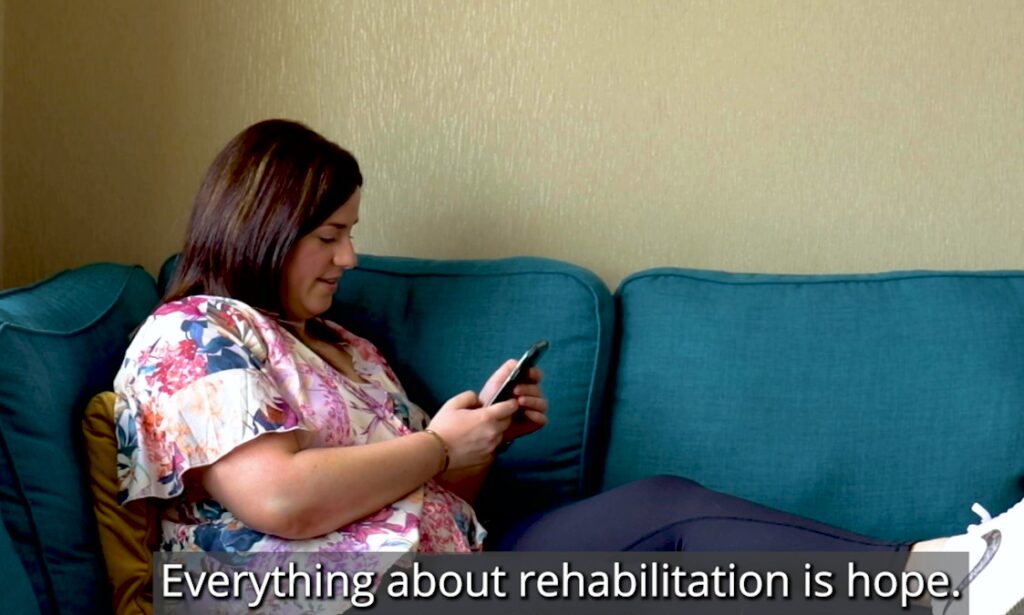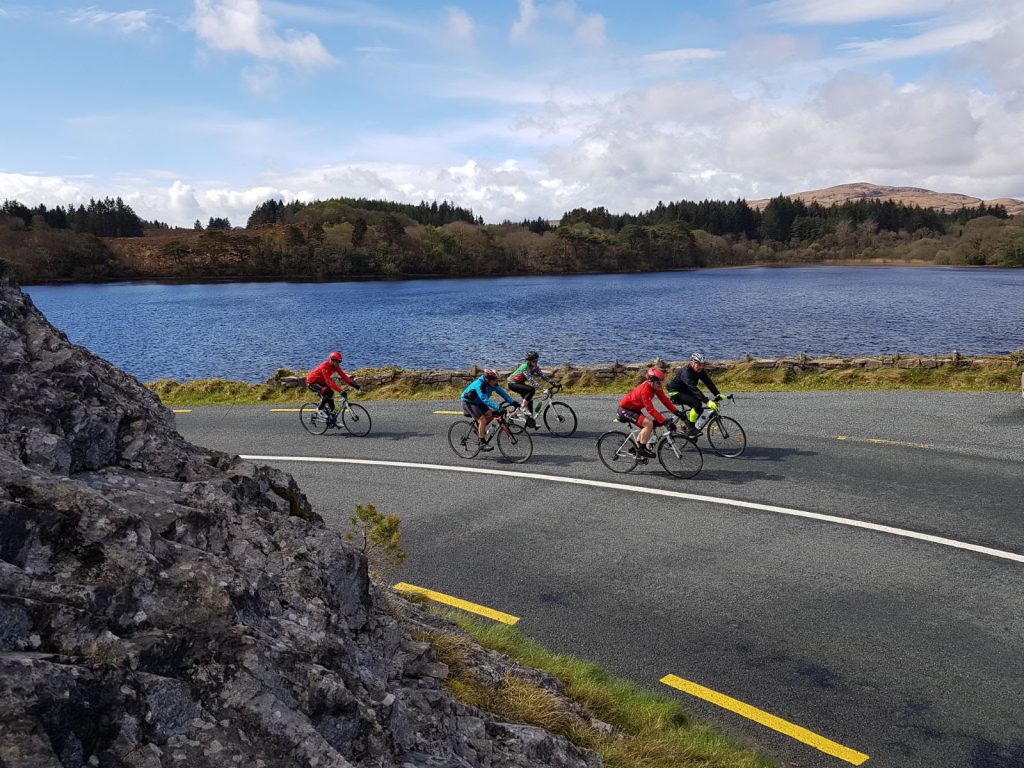Policy and Campaigns
It is our mission to relentlessly and passionately speak up and speak out for brain injury survivors, so that their rehabilitation needs may be clearly heard, understood and answered by decision makers.
Currently there is a severe lack of investment in brain injury rehabilitation services, particularly in some areas of Ireland. This is devastating for thousands of brain injury survivors and their families.
Despite the growth of our services in recent years, they are still not available in every county. Even in areas where our services are funded, they are often not fully resourced and experience long waiting lists.
The result is that access to neuro-rehabilitation in Ireland is an Eircode lottery, where each person’s journey after brain injury looks different depending on where they live. Survivors and their families face:
- significant waiting lists
- delayed discharges from acute hospitals and the National Rehabilitation Hospital
- risk of inappropriate placement of young brain injury survivors in nursing homes
- gaps in services for brain injury survivors under the age of 18 and over 65
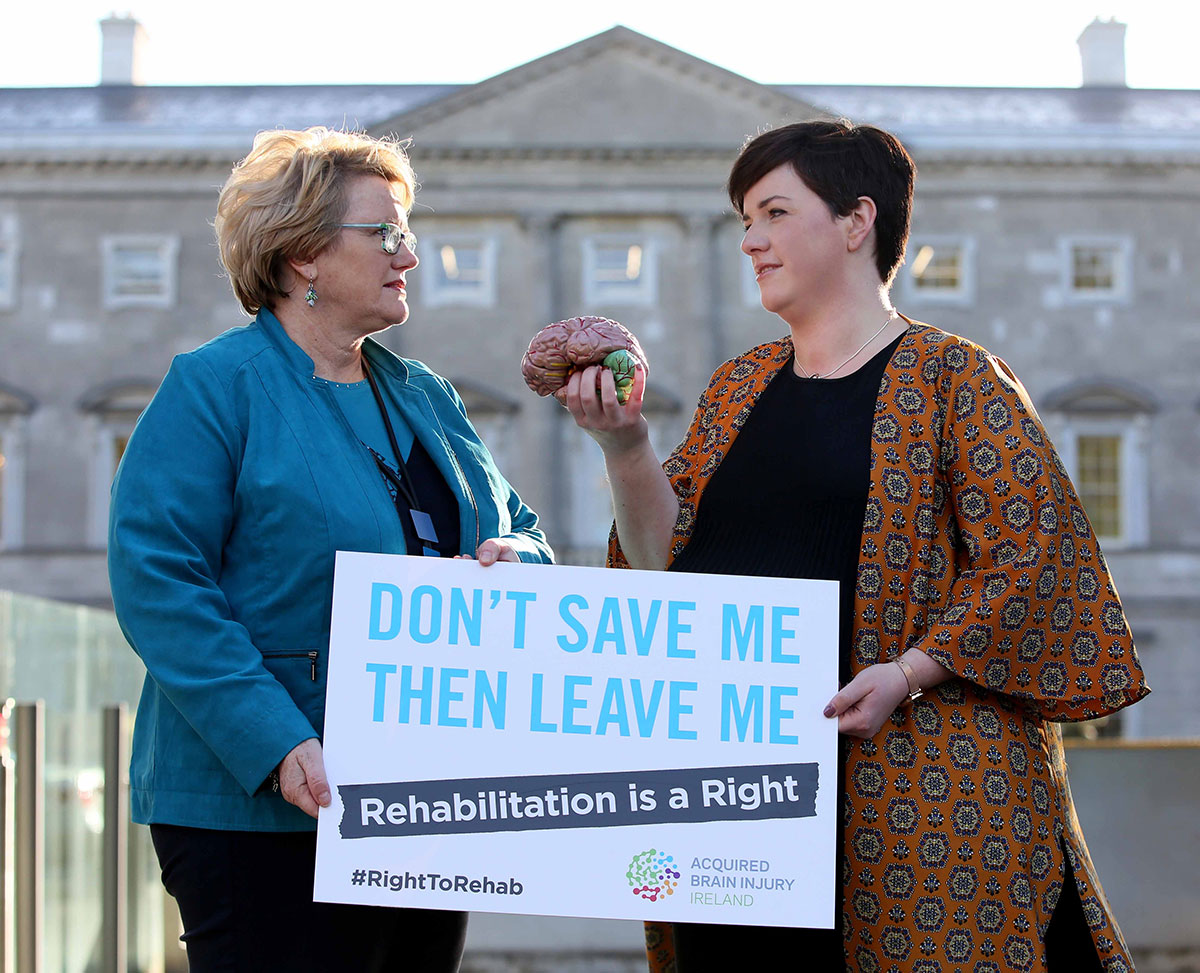
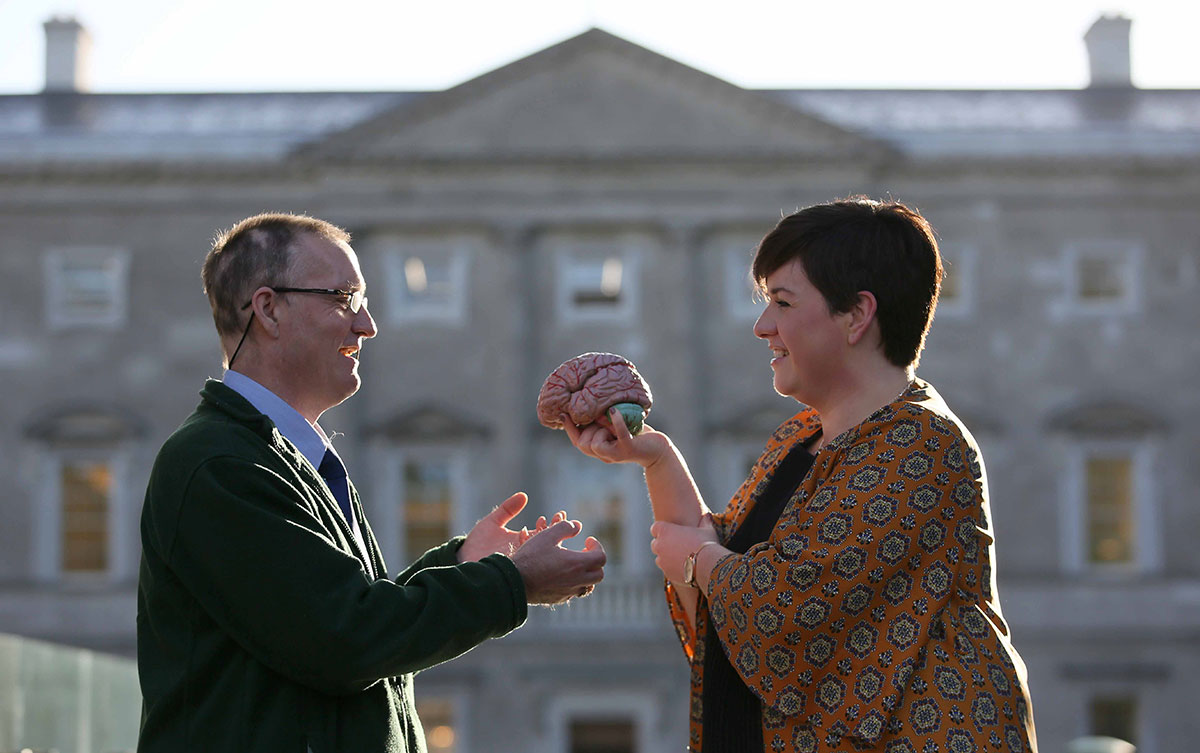
Brain Injury Policy in Ireland
In 2011 Government published a National Neuro-Rehabilitation Strategy. They recognised the benefits of neuro-rehabilitation in supporting people with conditions including brain injury to live their fullest lives. They also agreed the significant benefits to the economy of investing in rehabilitation services.
In 2019, a National Implementation Framework for the Strategy was drawn up, reinforcing the importance of rehabilitation and emphasising the need to expand services and supports.
Sláintecare, the 10-year Strategy to transform our health service, emphasises that care should be provided outside hospitals where possible, within communities and in a joined-up way.
Yet today, in 2022, the Government has failed to turn these plans into action for brain injury survivors. A research paper published in 2020 showed just how little has been done to make rehabilitation available to those who need it.
Campaigning for Change
Our number one strategic priority is to create equal access to neuro-rehabilitation services nationwide. There have been many policy papers and programmes supporting our argument, but we have yet to see the political will to make it happen.
That’s why we raise the voice of brain injury to politicians, policy and decision-makers. We make the case for more investment and better access to brain injury supports, so that survivors can access the services they need, from hospital to home, wherever they live.
Development of community neuro-rehabilitation services across the country would:
- free up acute beds in hospitals
- save time and money across the health system by improving the flow of brain injury survivors from hospital to home
- result in better health outcomes for thousands of brain injury survivors
- decrease caregiver burden
We believe every brain injury survivor has the right to rehabilitation, that they should have the chance to rebuild their life and live it to the fullest. We will never stop campaigning to make that belief a reality.
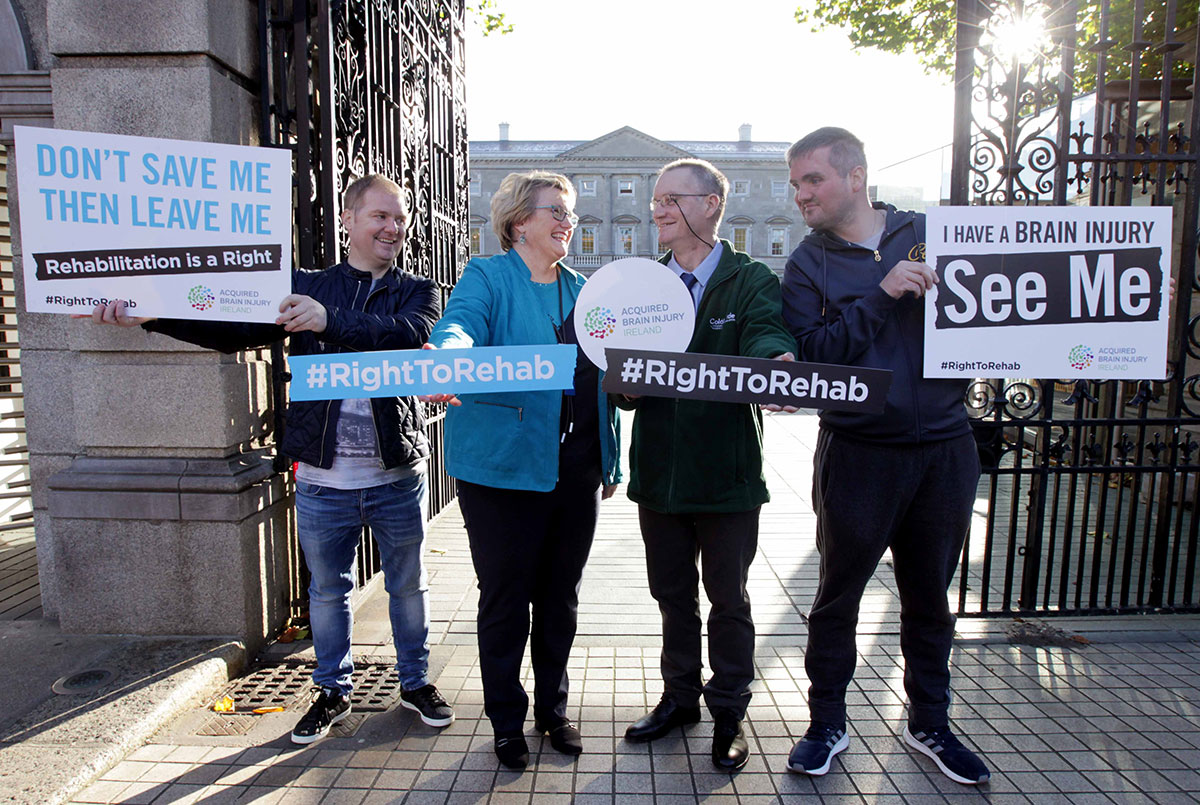
Speak Up for Brain Injury
If you or someone you know is living with a brain injury, you are not alone. With 52 people acquiring a stroke or brain injury in Ireland every day, there is hardly a family in the country that hasn’t been impacted. And yet, brain injury remains a hidden phenomenon in Irish society – an often ‘invisible disability’ that is too often misunderstood.
We want to raise awareness of the extent and effects of brain injury so that survivors and their families can get the support they need to rebuild their lives. If you can help us – by telling your story or sharing your experience – we would love to hear from you.
Policy Briefings and Submissions to Government
An important part of our work is to make submissions and policy briefings to Government that can influence decision-making and bring about positive change for people impacted by brain injury. Our submissions are based on research and the lived experience of survivors, providing strong evidence for the need to improve rehabilitation services and supports.
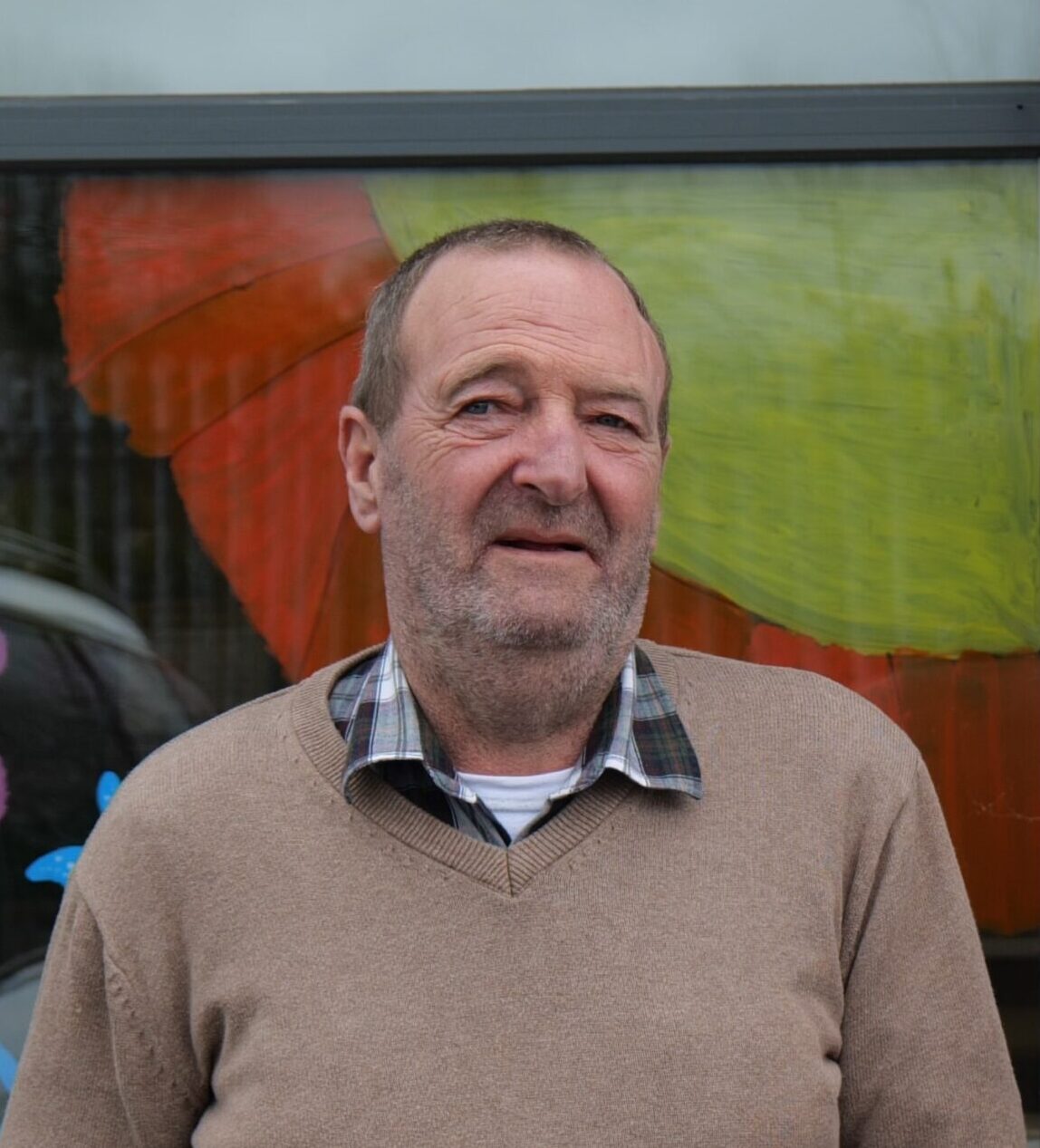


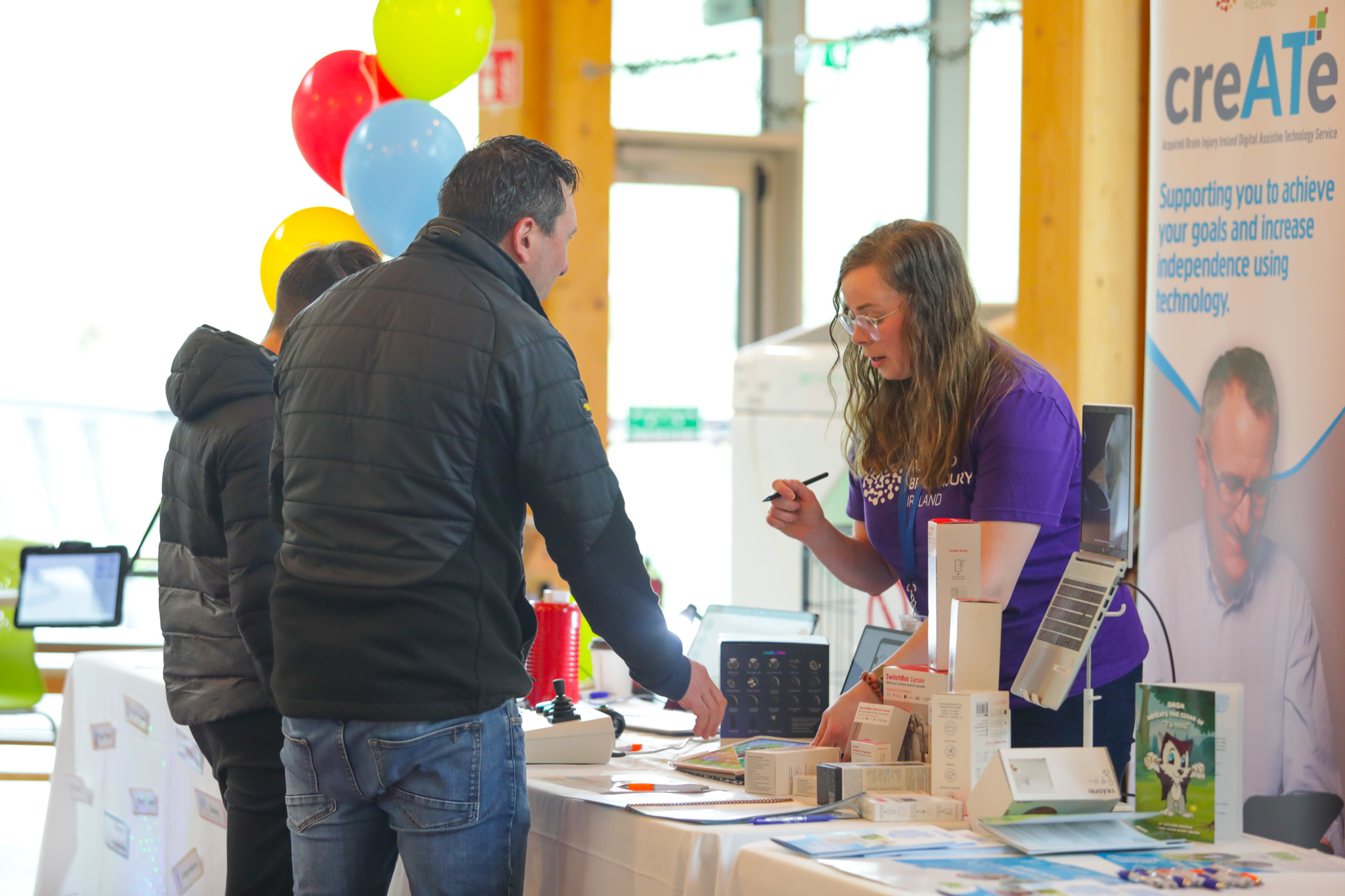 New funding boosts assistive technology programme for brain injury survivors
New funding boosts assistive technology programme for brain injury survivors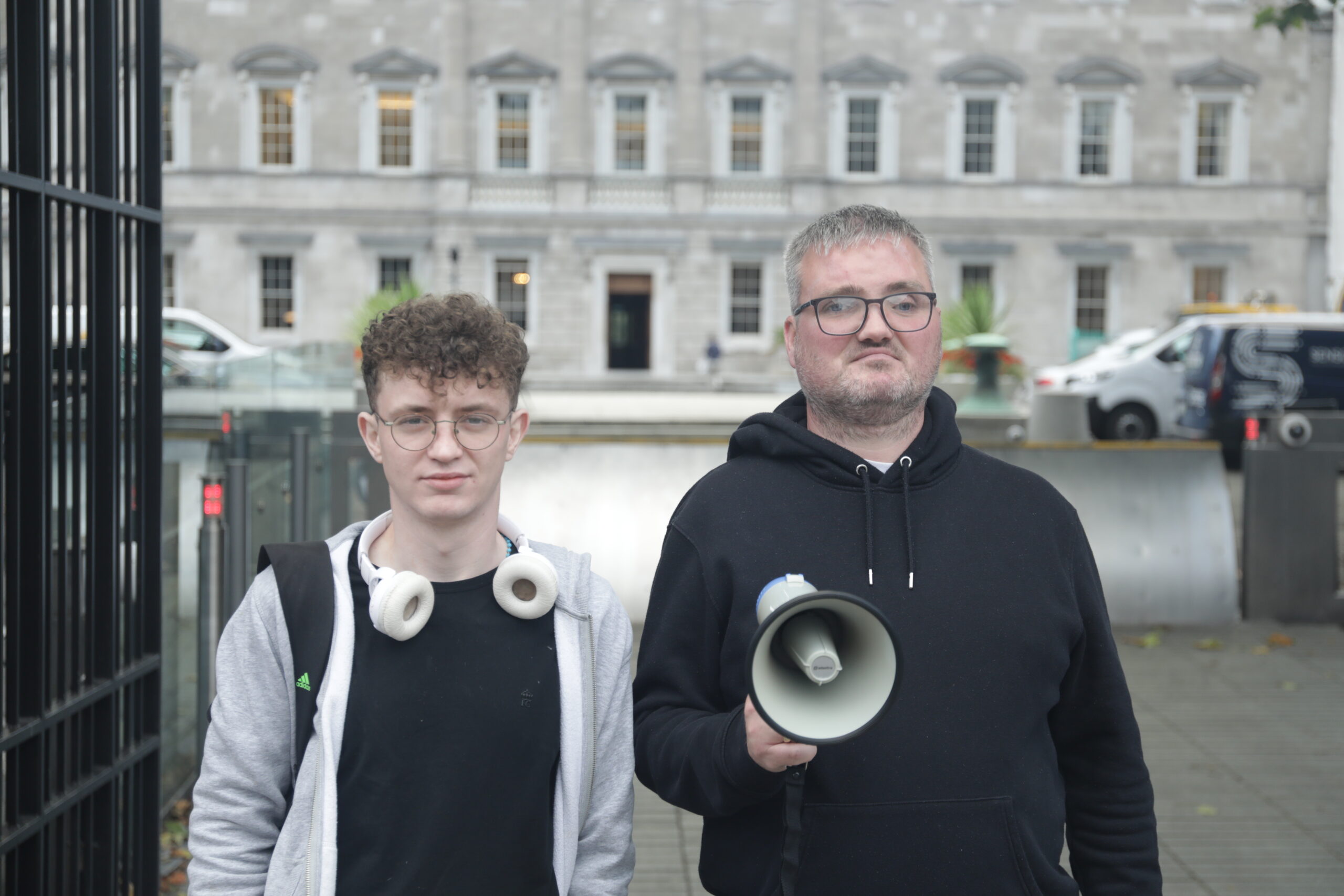 Acquired Brain Injury Ireland calls for €2m in Budget 2026 to fund a national Brain Injury Case Management Service
Acquired Brain Injury Ireland calls for €2m in Budget 2026 to fund a national Brain Injury Case Management Service Strategies for Education for Students (aged 16+) with acquired brain injury
Strategies for Education for Students (aged 16+) with acquired brain injury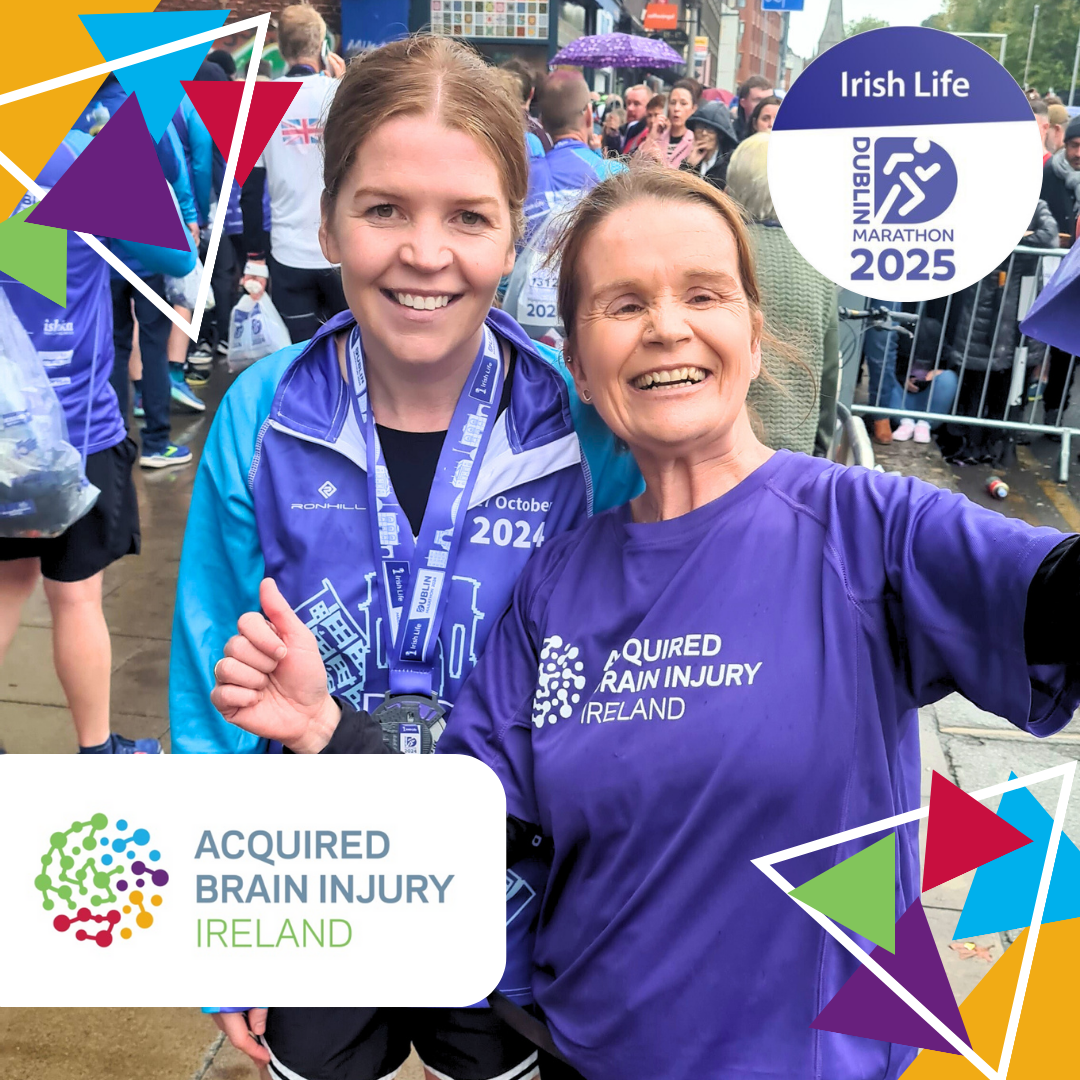 Irish Life Dublin Marathon 2025
Irish Life Dublin Marathon 2025